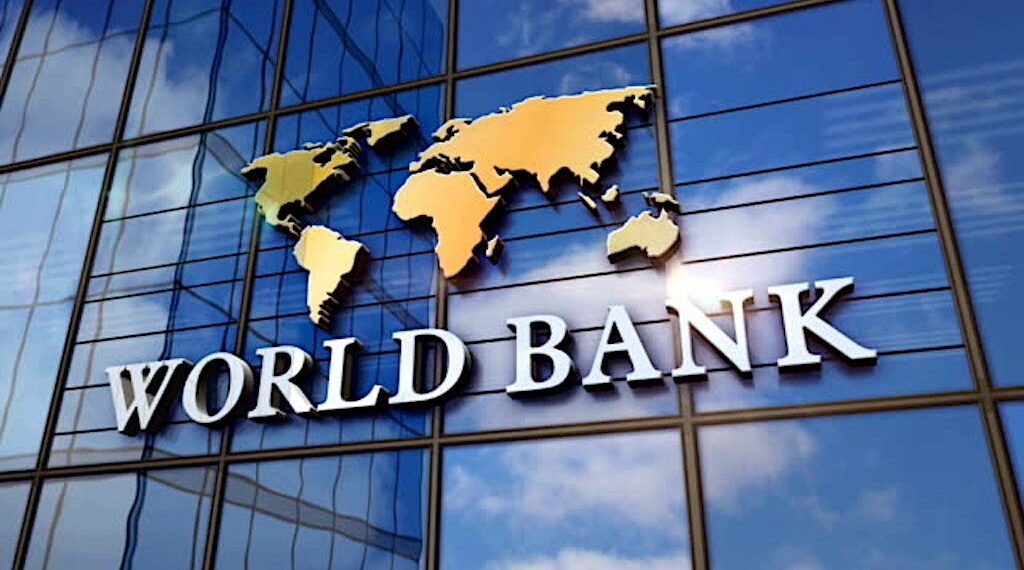The World bank estimate the reduction in Nigeria poverty by Seven percent as a result of improvement in internet coverage for the past three years.
The World Bank noted that the exposure has also led to an increase of eight percent in labor force participation and wage employment, in its new brief titled, “Digital transformation drives development in Africa”.
In 2023, after three or more years of exposure to internet coverage there is seven percent decline in the extreme poverty in Nigeria while the labor forces participation and wage employment increased by up to eight per cent,” the World Bank revealed.
Additionally, the brief highlights that over the past five years (2016-2021), sub-Saharan Africa experienced an extraordinary 115 per cent increase in internet users, a change that has been instrumental in spurring economic growth, fostering innovation, and creating job opportunities.
Meanwhile, the World Poverty Clock estimates that at least 71 million Nigerians are extremely poor, and there are now approximately 66 million Nigerians living in extreme poverty after the seven percent decline in the extreme poverty index.
“The gap between coverage and usage is similarly large for broadband, with 61 percent of people in sub-Saharan Africa living within the broadband range but not using it”.

